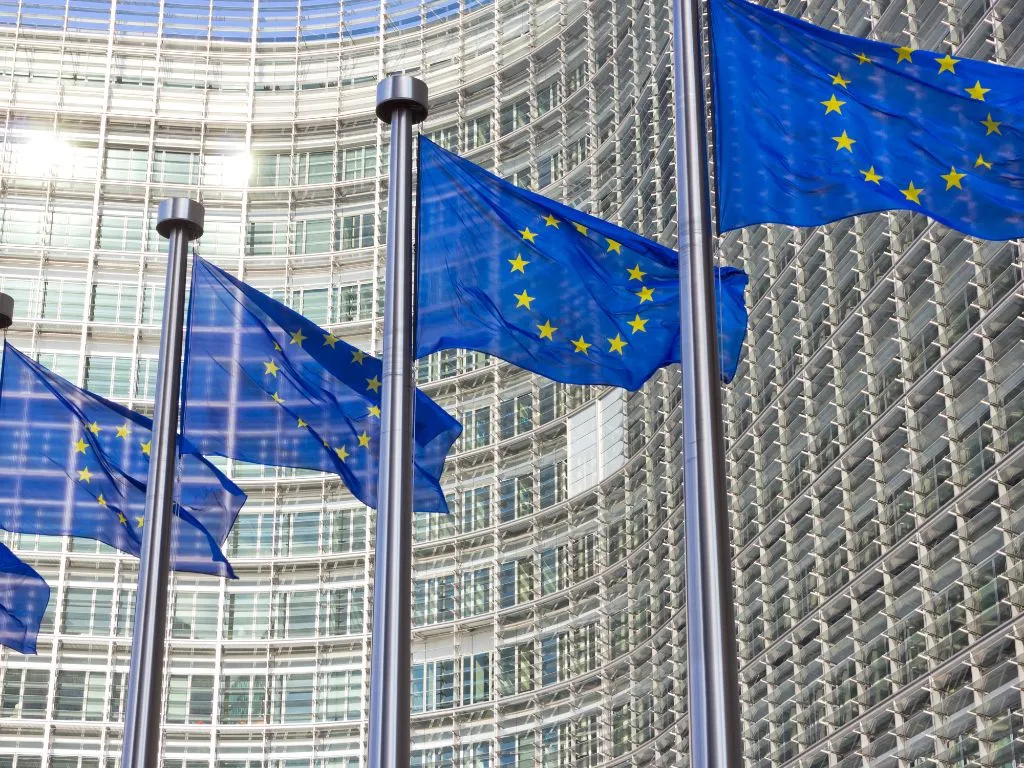News Details

EU Commissioner Confirms Delay of REACH Revision, Highlights New Chemical Policy Initiatives
On 6 November 2025, the European Commissioner for the Environment, Water Resilience and Forestry, Jessika Roswall, presented an update on the European Commission’s chemicals policy agenda. She confirmed that the long-awaited revision of the REACH Regulation is still in preparation. The Commissioner outlined the ongoing efforts to reinforce EU chemicals legislation and encourage the development of safer and more sustainable materials.
REACH Revision Still Under Preparation
Roswall acknowledged that the REACH revision process is taking longer than initially planned, noting that the Commission is still updating its supporting analysis and impact assessments. She confirmed that no proposal date could yet be given, indicating that the draft would only be published once the analytical work was complete.
This effectively confirms that the REACH revision will not be presented in 2025, in line with previous indications of delay.
New Databases to Support One Substance, One Assessment
The Commissioner also outlined the upcoming measures under the ‘One Substance, One Assessment’ Regulation, including the establishment of two new EU databases. One database will collect environmental sustainability data to support lifecycle-based assessments of chemicals. The second database will compile information on alternatives to substances of concern, with the aim of facilitating substitution and reducing regulatory duplication.
These databases are intended to increase transparency, improve coordination across EU agencies, and promote the development of safer substances.
Revised Safe and Sustainable by Design Framework
Roswall announced that the Commission will soon adopt an updated Safe and Sustainable by Design (SSbD) Framework to guide research and innovation funding towards safer and more sustainable chemical and material solutions. The revised framework will also help companies to integrate sustainability criteria at an early stage in the development of products.
EU Innovation and Substitution Hubs to Address PFAS and Promote Safer Alternatives
To complement these efforts, the Commission is establishing EU Innovation and Substitution Hubs under the EU Chemicals Industry Action Plan. These hubs are designed to accelerate the development of safer and more sustainable alternatives as well as addressing key challenges such as the substitution of PFAS and other substances of concern.
Roswall noted that the design phase is already underway and invited stakeholders to provide input on how the hubs can best support industry and research collaboration.
Upcoming Bioeconomy Strategy and Circular Economy Act
The Commissioner also confirmed that the new EU Bioeconomy Strategy will be adopted on 25 November 2025. The strategy aims to scale up the production of bio-based materials, strengthen biotechnology research, and extend sustainable value chains across industrial sectors.
A Circular Economy Act, expected in 2026, will follow as part of the Commission’s broader environmental policy package. This act will focus on creating a single market for secondary raw materials and fostering circular solutions throughout EU supply chains.
Collaboration and Outlook
Roswall emphasised that the success of these initiatives will depend on cooperation between Member States, industry, and research partners. She emphasised that the Commission’s long-term goal is to maintain high health and environmental protection standards while strengthening the competitiveness and resilience of the EU chemicals sector.
We acknowledge that the above information has been compiled from European Commission.

 Twitter
Twitter
